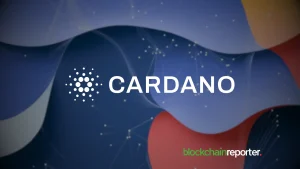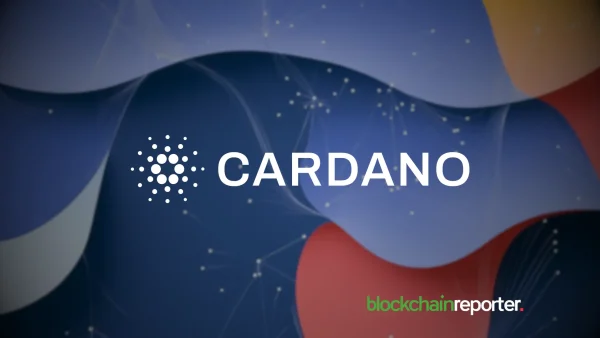
Uniswap Labs, the firm responsible for developing the Uniswap protocol, declares supporting the Ethereum Merge but has no intention to back any forks. The platform has also asserted that it will keep on operating on the respective transition without any problem. The Uniswap protocol of the venue is a package of smart contracts having the ability to offer ERC-20 tokens swapping on the blockchain of Ethereum.
Uniswap Labs Offers Support for Ethereum’s Merge upgrade But Not Any Forks
On the official portal of Uniswap Labs, it mentioned that the transition from Proof-Of-Work (PoW) to Proof-Of-Stake (PoS) has great significance for the enhanced scaling of the ecosystem of Ethereum. It will, the venue added, additionally minimize the environmental footprint of the network instantly. The venue disclosed that the consumers do not require doing anything in this respect as the normal operation of the website will be done as usual.
However, in the case of downtime experienced by the infrastructure providers of the venue (such as node providers), the consumers may witness momentary periods of inaccessibility. As per the platform, the customers on Ethereum would receive 2 PSAs to make the web3-based ecosystem as secure as possible. The venue moved on to reveal that the v3 oracles of Uniswap were structured while keeping in mind the PoW-based security tradeoffs, making it much more difficult for a distinct institution to mine several blocks consistently.
In the mechanism of PoS, the producers of the blocks are declared in every six-minute-long epoch. This indicates that the charges of controlling the values of 2 successive oracles can be considerably decreased as opposed to the PoW. For example, block N’s validator could recompense the top amount in gas for controlling the previous transfer in the block named N-1, remembering that they administer the transfers’ order in the upcoming block.
Uniswap Assures the Random Selection of the Validators
A Noteworthy thing here is that the platform selects the validators randomly to create 2 or additional blocks consecutively. Having an eye on a few bigger pools, the validators can be capable of manipulating the prices of the oracles by potentially controlling the blocks. Along with this, Uniswap also described the permits as an alternative. In the words of the platform, gas is saved by permits via skipping the “approve” move, permitting the clients to develop an off-chain cryptographic signature to denote the consent thereof.
Nonetheless, a few permit implementations – taking into account v2 LP, UNI, USDC, and DAI tokens – also require a consumers’ chain ID (which is hardcoded) while validating a permit transfer. In a chain fork event, no attention is given to the latest chain ID. This makes a unique signature repetition vector, permitting the recurrence of a particular address to recompense on the behalf of a consumer on the respective forked chain.
After that, Uniswap recommended that the users should just sign the permits for their trusted contracts. Along with this, in the case of taking part in ETH PoW, the customers are recommended to be more careful.








